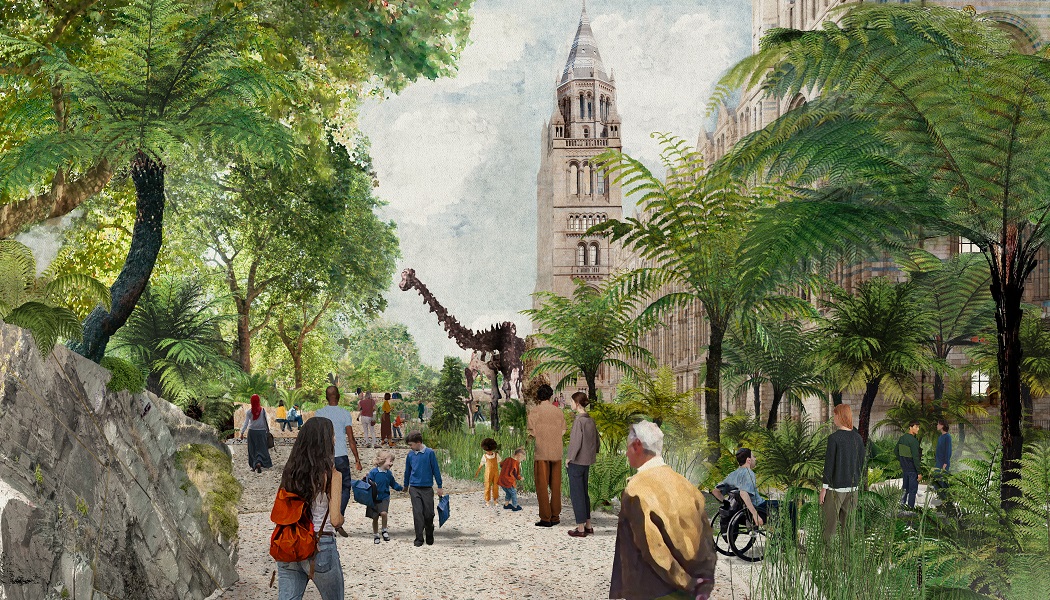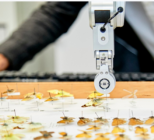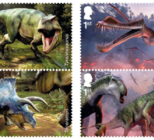The Natural History Museum has extended its partnership with Amazon, creating a new data platform to house biodiversity and environmental data which can be accessed by researchers.
Amazon’s cloud computing services arm, Amazon Web Services (AWS), will develop the ‘Data Ecosystem’, with the Museum.
It is hoped that the platform will combine a broad range of UK biodiversity and environmental data types in one place for the first time.
The Data Ecosystem project is designed to help the Museum’s scientists – and external researchers – to build on scientific understanding of the UK’s biodiversity and environment and support the discovery of solutions to the planetary emergency.
The multi-year partnership follows a recent collaboration between the museum and Amazon’s Alexa, which allows users to ask the voice assistant questions about natural history, informed by the museum’s knowledge.
The museum’s director, Douglas John Gurr, has a historic connection to Amazon having served as its former global vice-president and head of UK from 2016 to 2020.
The intention of the latest project is that it will eventually serve to capture all new UK biodiversity and environmental data from Natural History Museum projects and create a ‘digital twin’,which it describes as “a real-time virtual representation of the UK’s biodiversity”.
In addition, the Data Ecosystem is also intended to help accelerate the biodiversity monitoring already carried out by the Museum, starting with its Urban Nature Project (UNP), which will transform the Museum’s five-acre site into a biologically diverse green space.
As well as an onsite learning and activity centre to host science activities, powered by Amazon Web Services, the UNP gardens will provide “living galleries” within which Museum scientists can develop and test new methods to monitor, protect and enrich the urban nature that is so important to human wellbeing.
Lucy Robinson, Citizen Science Manager at the Natural History Museum said: “It has never been more critical to speed the pace at which local observations feed into world-class research, and back into real action for the planet. Supported by the Data Ecosystem, our Community Science Programme puts power in the hands of people across the UK to study and protect the local environment they care about.”










